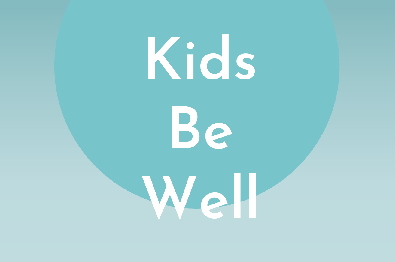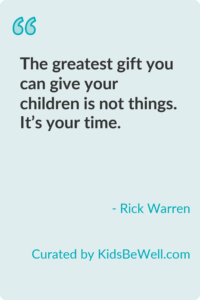The quote "The way we talk to our children becomes their inner voice" encapsulates a profound truth about parenting. Every word we speak to our children plays a role in forming their inner dialogue. Our words shape how they see themselves, how they perceive the world, and how they approach challenges. The impact of these words is long-lasting, affecting their self-esteem, emotional resilience, and overall mental health as they grow.
The Power of Words in Child Development
Children are highly impressionable, especially in their formative years. From the moment they are born, they begin to absorb everything happening around them — including the tone, language, and messages conveyed by their caregivers. The way parents and caregivers talk to children teaches them how to think about themselves, how to handle emotions, and how to approach the world.
Positive reinforcement, encouragement, and empathetic communication are essential for fostering a healthy self-image. In contrast, negative comments or criticism can leave lasting scars on a child's emotional well-being, becoming an internal voice that tells them they are not good enough or capable of achieving their goals.
How Our Words Shape Self-Esteem
A child’s inner voice is closely linked to their self-esteem. When parents offer praise, encouragement, and validation, they nurture a positive self-concept. For instance, saying things like "You did a great job!" or "I’m proud of you for trying your best," reinforces feelings of worthiness and capability. These affirmations build confidence and help children understand that their efforts matter, even if they don't always succeed.
On the other hand, words of criticism or dismissal can lead to feelings of inadequacy. Statements like "Why can’t you do this right?" or "You’re not good at anything" can create an inner critic that undermines a child’s self-worth. Over time, this negative inner voice can hold them back from taking risks or trying new things, as they might constantly fear failure or judgment.
The Role of Emotional Language in Parenting
It’s not only what we say to our children, but also how we say it. Tone, body language, and emotional resonance play significant roles in shaping their emotional responses. A warm, supportive tone conveys love and acceptance, making children feel secure in their emotional environment. Conversely, a harsh or dismissive tone can make them feel unsafe or unloved, even if the words themselves are not overtly negative.
Teaching children how to manage their emotions is equally important. Instead of simply telling them to "calm down" or "stop crying," guiding them through their feelings and naming emotions can help them build emotional intelligence. When we validate their feelings and provide the tools to understand and regulate them, we are fostering a healthy internal dialogue. For example, saying, “I understand you're upset, but let’s take deep breaths together,” teaches them that their emotions are valid but can be managed in a healthy way.
Shaping a Positive Inner Voice
As parents and caregivers, we can consciously shape our children's inner voice by being mindful of how we communicate with them. Here are some key ways to nurture a positive, empowering inner voice:
- Use Positive Reinforcement: Regularly acknowledge efforts and successes, no matter how small. Celebrate the process of learning, not just the end result. This will help children see value in their efforts and reinforce their sense of self-worth.
- Avoid Negative Labels: Instead of labeling a child as “lazy” or “bad,” focus on their behavior and actions. Phrases like “You didn’t try your best” or “I can see you’re struggling, but I know you can do it with a little more practice” are more constructive and encouraging.
- Encourage Problem-Solving: Help children develop critical thinking skills by encouraging them to come up with solutions to challenges they face. When we show them that challenges are opportunities to grow, we instill a mindset that allows them to embrace learning rather than fear failure.
- Model Self-Compassion: Children are likely to mimic the way we treat ourselves. When we model self-compassion and show them how to talk to ourselves with kindness and understanding, they will learn to do the same.
- Foster Open Communication: Create an environment where children feel safe to express themselves and share their thoughts and feelings. Listen actively and empathetically, which helps children feel seen and heard.
The Takeaway
The way we talk to our children plays a significant role in shaping their inner voice. Positive, affirming language helps children build self-esteem, confidence, and resilience, while negative or dismissive language can harm their emotional well-being. By being mindful of the words we use and creating a nurturing, supportive environment, we can help children develop a positive inner voice that empowers them to navigate life's challenges with confidence.
In the end, the language we use today can echo throughout their lives, influencing how they see themselves and how they engage with the world. Let’s make sure that the inner voice we help create is one that speaks of potential, growth, and self-love.












